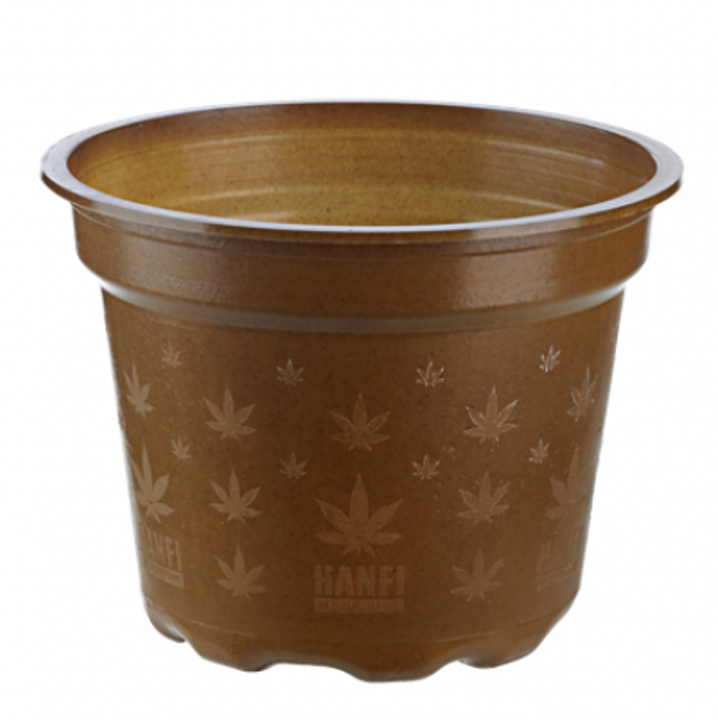11.02.2020 News
Chemistry Waste Chemistry
Turning carbon dioxide into chemicals
Rostock chemists use the concept of artificial photosynthesis to produce high-quality hydrocarbons from carbon dioxide.
11.02.2020 News
Chemistry Waste Chemistry
Rostock chemists use the concept of artificial photosynthesis to produce high-quality hydrocarbons from carbon dioxide.
18.02.2020 News
Food unspecific Biotechnology/Systems biology
Eat the silverware instead of throwing it away: This idea is being pursued by the start-up Frenvi, which wants to offer an alternative to disposable plastic cutlery with its edible spoons.
10.02.2020 Success story
Agriculture and forestry Plants Biotechnology/Systems biology
Feeding the growing world population is one of the greatest tasks of our time. To meet this challenge, the crop yields of wheat must be increased and the most suitable varieties for changing environmental conditions must be found. This is the goal of the BRIWECS project.
19.02.2020 News
Agriculture and forestry Plants Agriculture sciences
In the search for alternatives to plastic, researchers want to further develop packaging made of banana leaves and water hyacinths to better protect food.
03.03.2020 News
Agriculture and forestry Microorganisms Agriculture sciences
In order to make potatoes more resistant, researchers want to coat the seeds of the nightshade plants with beneficial fungi and thus help them grow.
12.02.2020 Country
unspecific unspecific unspecific
In the Alpine Republic, the bioeconomy strategy is based on the food industry, chemicals, pharmaceuticals and the timber industry.
12.02.2020 Country
unspecific unspecific unspecific
Modern agricultural technologies, bioenergy and biotechnology are on the agenda for research policy in the United Kingdom.
12.02.2020 Country
unspecific unspecific unspecific
The Baltic Latvia is strongly influenced by agriculture and forestry. A bio-economic strategy was adopted in 2017. As a "data-driven nation", Latvia is also a pioneer in digitisation.
12.02.2020 Studies and statistics
unspecific unspecific Nutritional sciences
This is the result of a study led by the Potsdam Institute for Climate Impact Research (PIK). The study examined solutions that would enable ten billion people to eat healthy food within the limits of our planet.
26.02.2020 News
unspecific Microorganisms Biodiversity
At the Helmholtz Centre for Environmental Research, scientists have compiled 15,000 metagenome data sets from soil samples of various origins according to uniform standards.

18.02.2020 Product
Chemistry Plants
Leather is a material with excellent properties. Nevertheless, the purchase of leather goods is controversial, because leather from conventional animal breeding is not only CO2-intensive, but also needs large amounts of chemicals for tanning.
18.03.2020 News
Chemistry Plants Materials sciences
Lignin is an attractive raw material for bioplastics. X-ray analyses have shown how the different molecular structures influence the properties of the biopolymer.
19.03.2020 News
Agriculture and forestry Plants Agriculture sciences
Animal feed must be high in protein, which is why soya is very well suited for this purpose. For ecological reasons, researchers are looking for domestic alternatives.
10.03.2020 News
unspecific unspecific Biotechnology/Systems biology
Biotechnologists from Halle and Berlin have produced an improved version of the genome editing tool CRISPR-Cas9. The gene scissors make fewer mistakes in cutting.
25.03.2020 News
Chemistry Waste Biodiversity
Following the example of grasshopper feet, bionics researchers from Kiel have created an adaptive frictional system that adheres even to rough and uneven surfaces.

31.03.2020 Interview
unspecific Microorganisms Biotechnology/Systems biology
Microbiologist Jörg Overmann wants to investigate the diversity of bacteria and relies on artificial intelligence.

14.04.2020 Product
Consumables Plants
Finally, the time has come. The days are getting longer, the sunbeams warmer. Spring has arrived and the garden season begins. However, only a few plants are sown directly into the open field.
05.04.2022 Success story
Food Plants Agriculture sciences
Researchers have developed a selenium-rich apple that can replace dietary supplements.
06.04.2022 News
Chemistry Animals Biotechnology/Systems biology
How is chitin produced by nature? Researchers want to uncover this in order to make the biopolymer useful for medicine.
07.04.2022 News
Chemistry Plants Chemistry
BASF's Care Chemicals is expanding its portfolio of sustainable cosmetic products with a bio-based surfactant made from soy protein.